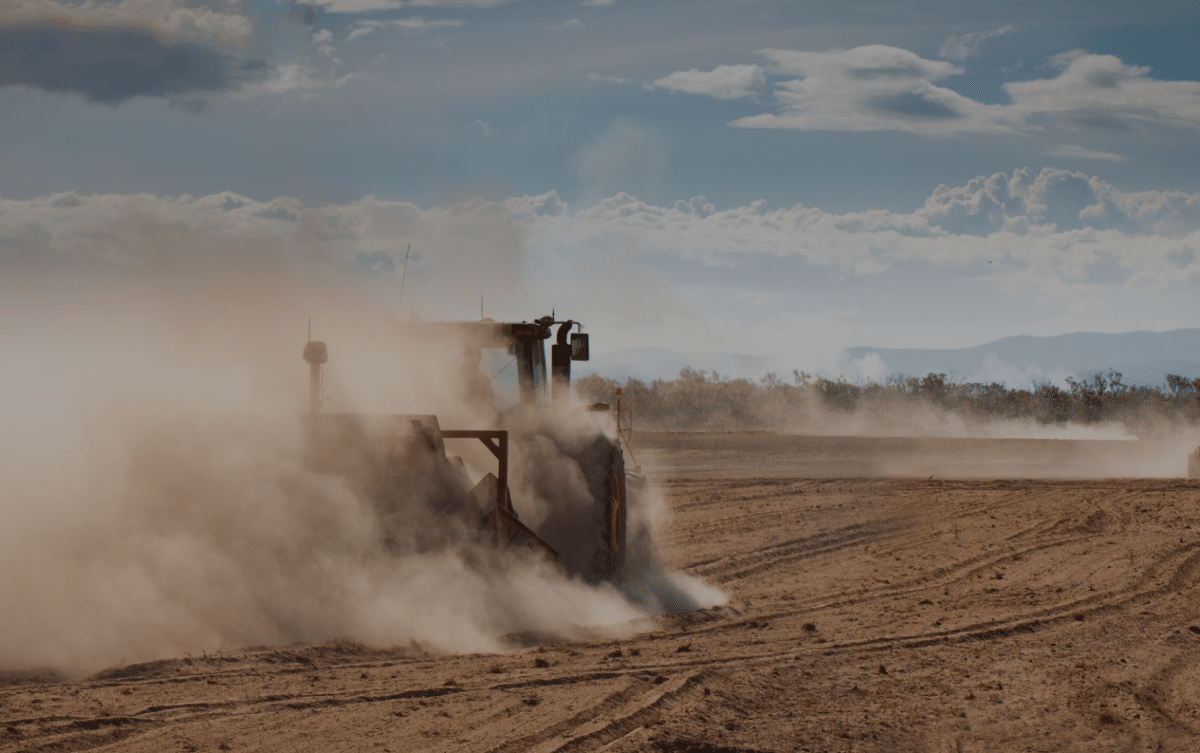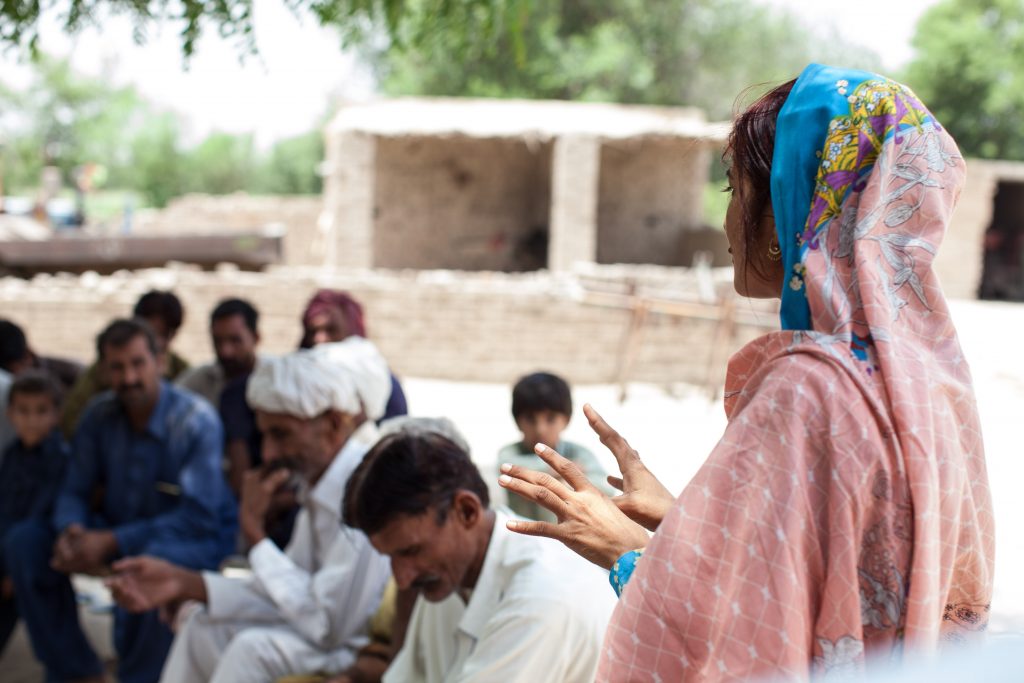Spectrum International is a BCI Supplier and Manufacturer Member, Implementing Partner and BCI Council Member. We caught up with CEO, Amit Shah, to find out more about the organisation’s aims, commitments to Better Cotton, and how they communicate their work to the rest of the world.
Tell us about your membership to BCI and how the partnership began.
Spectrum has been in the sustainability space since 1998, starting with organic farming in India. We were introduced to the Better Cotton Initiative in 2011, and Spectrum subsequently became a local partner to an existing BCI Implementing Partner. We had duel expertise of running farm projects and also procuring materials and channelling them into the supply chains of various brands. This made the partnership with BCI a great fit. In 2013, we became a BCI Supplier and Manufacturer Member, as well as an Implementing Partner. As we only sell sustainable products and services, that put us in a unique position to association ourselves with BCI, and again, the progression to membership seemed natural. I felt that Spectrum International could also contribute further to BCI by becoming a member of the BCI Council, and that was the next step we took. I feel strongly about the way our industry has operated for many decades, with such a long supply chain that skews the focus on core raw materials and the producers. The passion to change that approach drives me to do what I do.
Spectrum plays multiple roles in further BCI’s agenda, as a Supplier and Manufacturer Member, an Implementing Partner and a Council Member. Why have you chosen to be so heavily involved?
Spectrum International is part of a group that has been within the textiles industry for almost 79 years. Over the past two decades, we made sustainability not just a core philosophy but also a business driver in terms of shaping where the company goes. In 1998, this wasn’t common for companies and it wasn’t always easy, but as we progressed, we found that we gained a unique position within the supply chain. We’ve worked across ginning, spinning and farming, working with smallholder farmers in India to grow various types of sustainable fibres. As we also cover garment manufacturing, we understand what brands and retailers expect from their suppliers. We felt that with this broad knowledge and experience, representation on the BCI Council would give us a chance to represent the BCI Supplier and Manufacture Members in a fair and just manner.
In what ways do you communicate with your customers about Spectrum’s commitment to sustainability, and why is this important?
First and foremost, is our public commitment to trade only sustainable textiles. Over time, this had led our customers to perceive us a specialist. All retailers and brands want to have a long term, reliable and committed supply partner, especially with the sustainability objectives they have today. They need to know that there are suppliers out there who can help them to meet their targets. This is only possible if those suppliers’ commitments are public and communicated well. We highlight our commitments by sharing success stories from cotton farmers and farms. When customers visit farms managed by us, they can see the projects we run and how they are having a positive impact on farmers, the environment and communities. We also communicate via our website, at conferences and trade shows, via media and social media. However, at the heart of all this lies the fact that our customers have confidence that they have a long-term partner who can match their vision with regards to their sustainability targets.
Listen to the full interview in the accompanying podcast, originally shared in the BCI 2017 Annual Report.
Image© 2017 Spectrum International Pvt. Ltd.
Read more











































